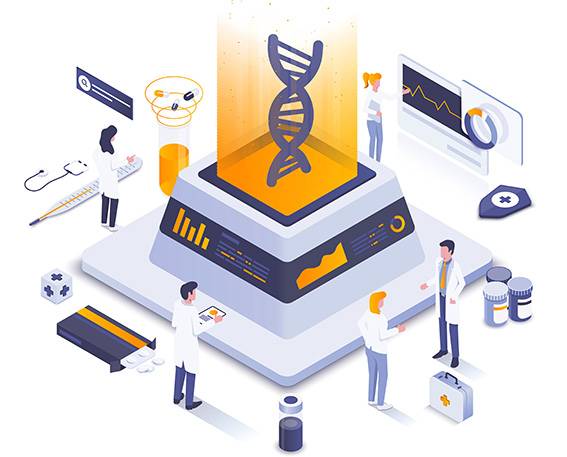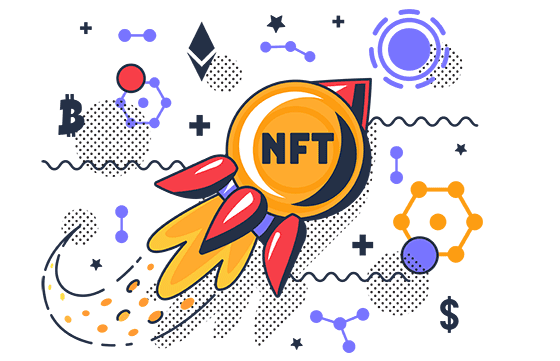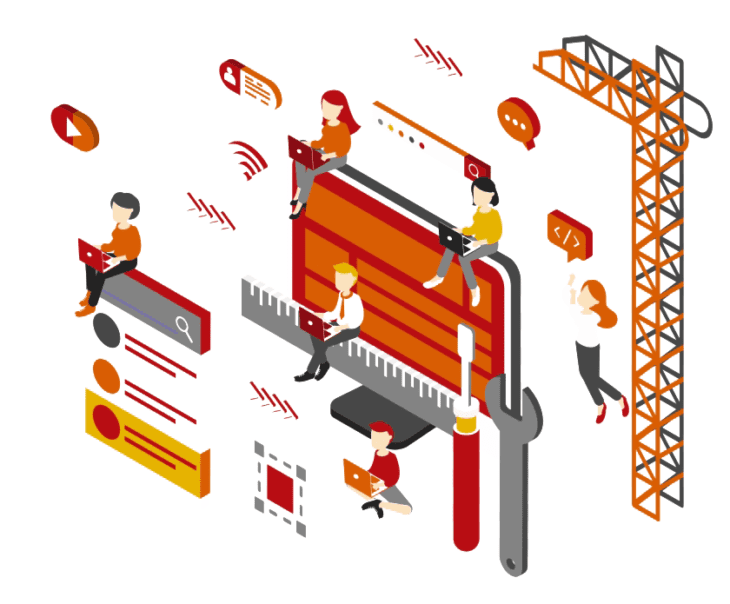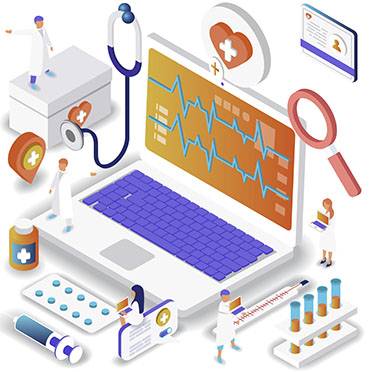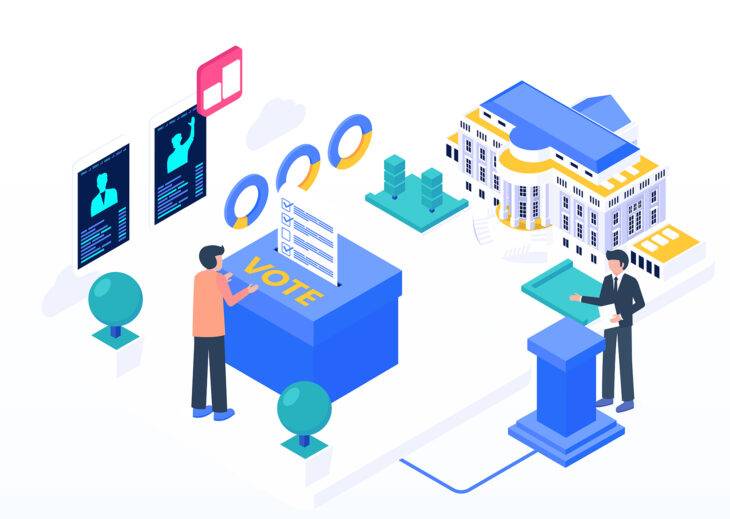Blockchain technology is here to stay, and it has the potential to radically alter a wide variety of markets, including healthcare, in the coming years. The shift in both public and private healthcare sectors could occur earlier rather than later.
If you haven’t heard about Bitcoin or blockchain technology that powers the digital asset, it’s time to start paying attention. The field of decentralized finance is exploding, with developers and investors seeking ways to maximize the promise of this relatively new technological innovation and its myriad applications.
With this in mind, let’s look at what this revolution in intuitive technology could mean for healthcare and how it can be implemented across the sector.
What is Blockchain technology?
Blockchain is fundamentally a distributed ledger that archives and stores transaction records. This implies the blockchain functions as a mutual, decentralized record of peer-to-peer transactions constructed from interconnected interaction blocks and recorded in a distributed ledger.
Blockchain is based on well-established cryptographic techniques that enable each user in a network to communicate with one another as well as store, share, and access different types of information without the need for pre-existing trust between the parties.
There is no central authority in a blockchain-based system. Instead, all network members store and share transaction data. Every contact with the blockchain network becomes immediately known to all stakeholders and verified by the network before being added. It allows for trustless cooperation among all parties while still recording an immutable audit trail of all interactions.

As seen in the above chart, several healthcare endeavors are currently active in developing solutions optimized by blockchain technology, with the amount expected to grow exponentially towards 2025.
There is no need to highlight the importance of healthcare for the prosperity of humanity. It is a center point in the UN’s Universal Declaration of Human Rights. Nevertheless, healthcare is one of the world’s slowest developing markets.
Hospitals have operated in relatively identical ways for the last two decades. Richie Etwaru, founder and CEO of Hu-manity, says that this is primarily due to a “lack of creativity.”
Following a demanding 2020 in which healthcare systems worldwide become stretched and stressed, the need for more progress has been laid out for us to see. Blockchain technology has the potential to increase access to healthcare and the security of patient data significantly. Blockchains are incredibly challenging to exploit since they contain many interconnected nodes, and updates cannot be limited to a single node – over 51% of servers must be targeted to successfully compromise a network, a task that is practically unlikely for any cybercriminal. Following the WannaCry cyberattack in 2017, which crippled most of the world’s healthcare infrastructure, the need for enhanced privacy is urgent.
Regarding clinical data management, using a database network ensures that a patient may essentially use their own password to validate access to information at a variety of hospitals and physician offices – ensuring an accurate stream of data that facilitates health without the need for vulnerable personal records.
In terms of both clinical and collective health, cohesive data structures benefit both independent individuals and larger groups of patients because new trends and disease characteristics can be detected more quickly.
Along with privacy concerns, Blockchain has the potential to be a guiding force in the elimination of stigma in healthcare. Since distributed ledgers have an unparalleled degree of protection for patients, they may have greater control of their medical records, which can’t be transferred between providers without their consent. Blockchain has the potential to usher in a modern age of patient data secrecy and can be managed more effectively than more conventional methods of record keeping.
Blockchain’s challenges in healthcare
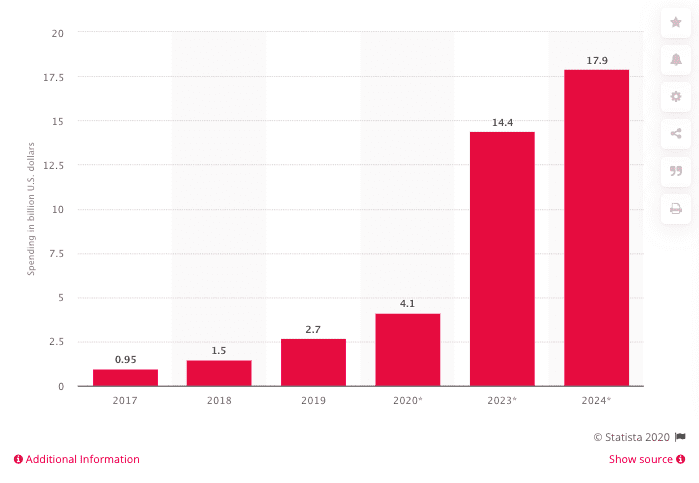
Given how the significant transformative shift blockchain is expected to bring to the world of healthcare, there will undoubtedly be barriers to adoption.
One critical problem is that Blockchain is a young technology, just a decade old, and is inextricably linked to Bitcoin. As a result, it became synonymous with cryptocurrency, which is unfortunate since cryptocurrency is only one of the countless applications for Blockchain technology.
To make Blockchain work efficiently, all healthcare and medical science organizations must accept Blockchain and exchange knowledge through innovative read/write protocols and distributed networks.
As a result, we will see the dissemination of blockchain-based medical records becoming more prevalent in domestic healthcare practices before broader global organizations can adopt the technology.
The applications of blockchain technologies are just starting to be understood. With the combination of Blockchain, AI, and big data, the applications for Blockchain go far beyond anonymity. Physicians may eventually be able to use it to detect changes in emerging viruses, better understand the results of therapies, and work with other experts all over the world without hesitation.
The field of healthcare has evolved at a comparatively slow pace over the last two decades, but the arrival of Blockchain within the market will certainly be a shot in the arm for medical care progress.
This article is also published on LinkedIn and medium.
